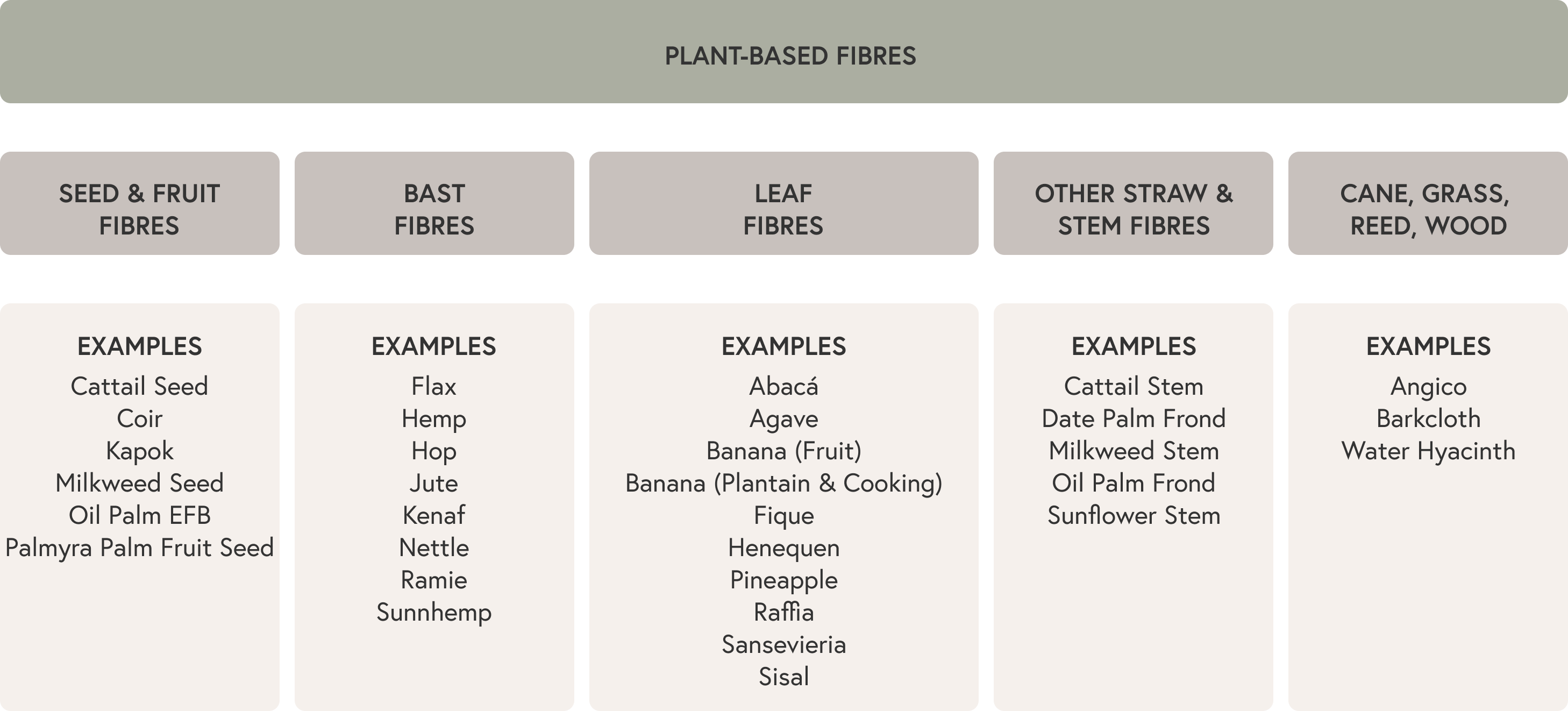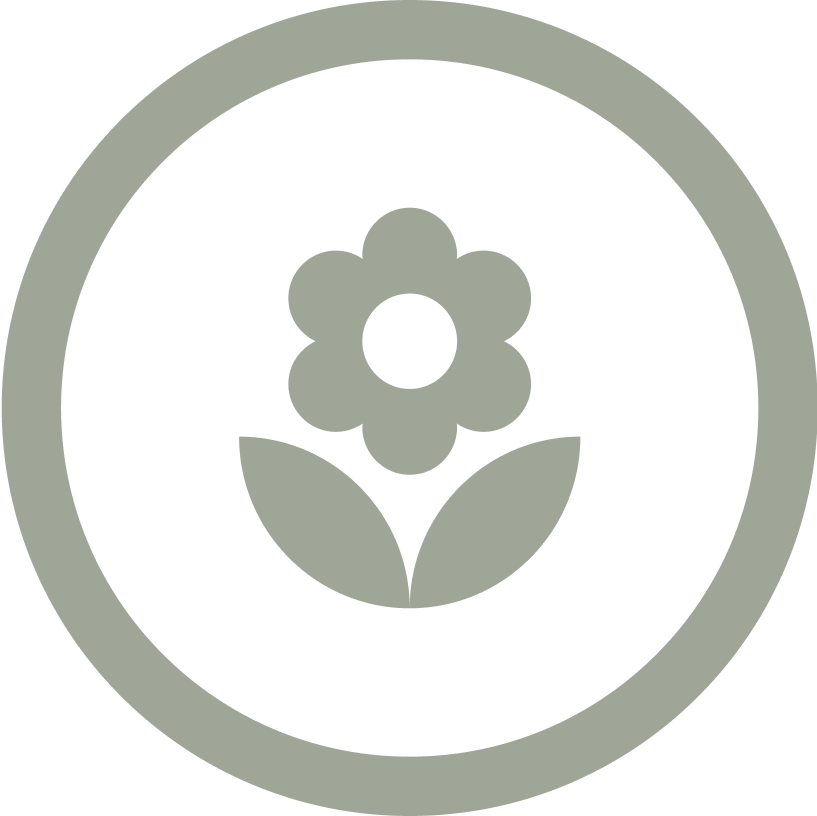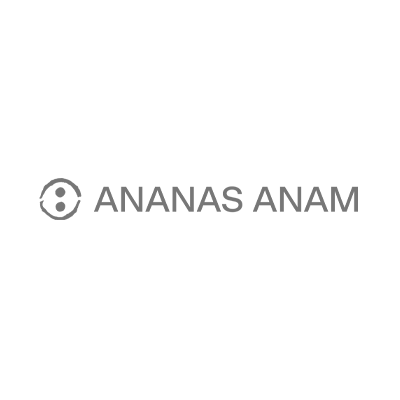PROMOTING THE USE OF PLANT-BASED FIBRES
FOR A RESILIENT AND ABUNDANT FUTURE FOR ALL LIFE
CREATING A DIVERSIFIED PLANT-BASED FIBRE MARKET WHILE NOURISHING NATURE AND COMMUNITY
The Fibral Material Alliance is a global network of farmers, fibre producers and value chain partners working with underrepresented plant-based fibres. Think of abacá, pineapple, hemp, kapok etc.
The history of plant fibers can be traced back thousands of years. In the last 50 years, there has been a lack of investment and innovation in new machinery and processes as synthetic fibers and cotton have dominated the market.
There is a long, close relationship between farmers, the land and plant-based fibre cultivation. They represent a cultural heritage as well as an important source of income, employment and strength for local communities. Plant fibers are an integral part of regenerative systems that can contribute significantly to improving soil health, biodiversity, water availability and quality, as well as a fundamentally different business approach that prioritizes community and ecosystem health.
Promoting the sustainable production, consumption and use of plant-based fibres has significant potential to contribute to a sustainable bioeconomy, food security and poverty alleviation. It can have a positive impact on the economy of the global South and the livelihoods of millions of smallholder farmers and low income workers.
MISSION
Fibral strives to promote sustainable production, consumption and use of plant-based fibres to empower local communities and combat climate change through community and knowledge exchange, collaboration, industry advocacy, data and insights.
ACTIVITIES
Community and Knowledge Exchange
The Alliance serves as a platform for the plant-based fibre community, fostering connections among like-minded organizations and individuals. We provide the space for exchange of knowledge, experiences, and best practices.
Collaboration
We are facilitating cooperation and synergies among members at the global level.
Industry Advocacy
We are committed to amplify the collective voice of plant-based fibres and advance common interests. By representation at international industry events we promote awareness of the benefits of plant-based fibres.
Data and Insights
As the central hub for plant-based fibres, the Alliance collects and disseminates technical information and market data on plant-based fibres. Our goal is to inform and inspire, providing valuable insights that drive sustainable production, consumption and use of plant-based fibres.
Scope
Around 2000 species of plants are known to produce fibres, however only a few are commercially available and prominent, foremostly cotton.
Plant-based fibres are traditionally processed through natural fibre extraction. This may include separation and refinement by mechanical, biological, thermal and chemical treatment, e.g. retting, hand stripping, spindle stripping, decortication, degumming, cottonization etc. These processing techniques maintain the natural fibre’s cellulosic structure, the fibre bundles.
In addition to traditional fibre extraction processes, plant-based fibres can also be a source for regenerated fibres such as viscose, modal or lyocell or for biosynthetic materials.

Impact
Millions of households worldwide utilize traditional cultivation and processing methods to produce natural plant-based fibres. When managed responsibly, these methods allow for the emergence of a regenerative fibre economy that can abundantly benefit people, place, and planet.

WATER
● Mainly rainfed with little to no irrigation needed

SOIL
● Low pesticide use
● Improved soil fertility
● Carbon sequestration
● Biodiversity

LAND
● Less land competition
● Using marginal lands

RESOURCE EFFICIENCY
● Multi-purpose crops
● By-products for energy, building etc.

COMMUNITY
● Support of local business
● Extended or additional revenue stream




